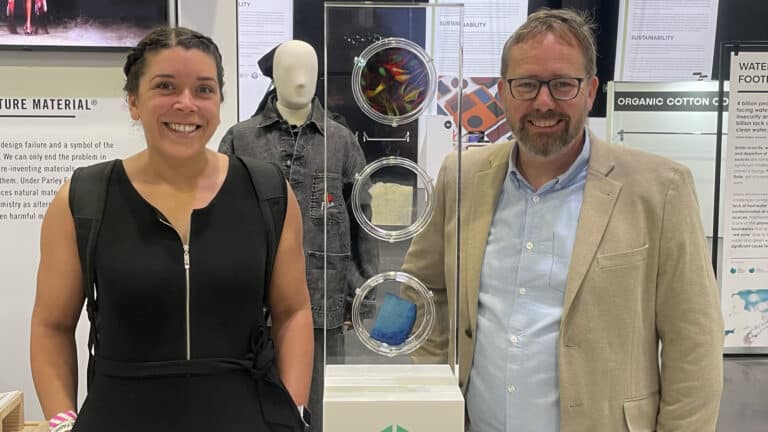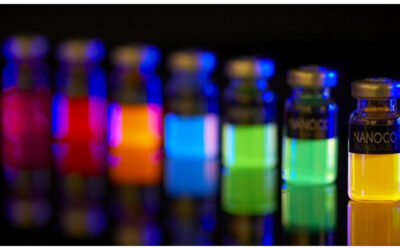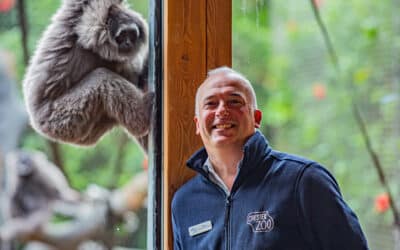Newcastle’s 3D Bio-Tissues (3DBT) has produced ‘tissue-engineered skin’ grown solely from cells for use in the luxury goods market.
With tanning expertise provided by the University of Northampton, 3DBT has developed an ethical and sustainable leather product, enabling the industry to meet the ever-increasing demand for environmentally and animal-conscious alternative leather products.
At the Future Fabrics Expo – the landmark biotech fashion event held in London – the biotech startup this week unveiled rationally designed bio-engineered samples that were structurally and genetically identical to traditional leather.
Unlike farm-based leather, lab-grown leather is made without harming any animals but can still be tanned using either traditional leather production processes or modern ecologically sensitive approaches, resulting in a material as diverse in colour and appearance as classic leather.
The lab-grown skin and leather samples showcase the potential for new materials to have the same properties, composition and use of farm-based leather but without the need to harm animals or the environment during their manufacture.
3DBT’s tissue-engineered skin uses only immortalised cells – isolated and collected from an adult female horse following a strict and painless bioethics process – to produce a skin/hide structure in a lab over six weeks without the use of any additional supporting materials such as plastics or cellulose in the final skin product.
3DBT’s lab-grown leather is particularly unique and differs from alternative models of lab-grown leather. The process makes use of 3DBT’s patented, serum-free and animal-free cell culture media supplement, City-mixTM, which accelerates tissue production whilst reducing the cost of the production process.
3DBT’s lab-grown leather is, therefore, 100% animal tissue but without any animals harmed in the process as well as ‘rationally designed,’ which facilitates novel tanning methods to help address the environmental concerns with traditional tanning processes. The process could be used in manufacturing footwear, apparel, handbags, furniture, fashion, automotive and accessories.
For the consumer, lab-grown leather can also overcome many of the limitations of farm-grown leather. Animal skins and hides are limited by the size, skin thickness, and life of that animal, leading to inconsistencies and imperfections in the final leather. In contrast, lab-grown leather production can be more consistent, featuring uniform composition and thickness, free of natural imperfections, and can be scaled to produce a larger material.
Similar to farm-grown leather, this lab-grown material is expected to be completely biodegradable in 10-50 years, which contrasts with polymer-based leather alternatives that can take over 500 years to decompose. This makes lab-grown leather an attractive alternative to both the classic leather and the plastic-rich alternative leathers currently on the market.
Senior research and development scientist at 3D Bio Tissues, Dr Emily Telford said: “We are really excited to be working with the University of Northampton to merge our innovative bioengineered skin with their vast knowledge of traditional leather processing techniques. We believe this initiative will address the growing demand for both conventional and alternative leathers as we strive for a more sustainable future.”
The project between the University of Northampton and 3DBT was funded by the UK Research and Innovation (UKRI) through Innovate UK with the support of co-funders, including the Scottish Funding Council, Welsh Government, Invest Northern Ireland, and the Department of Department for Business, Energy and Industrial Strategy (BEIS).













